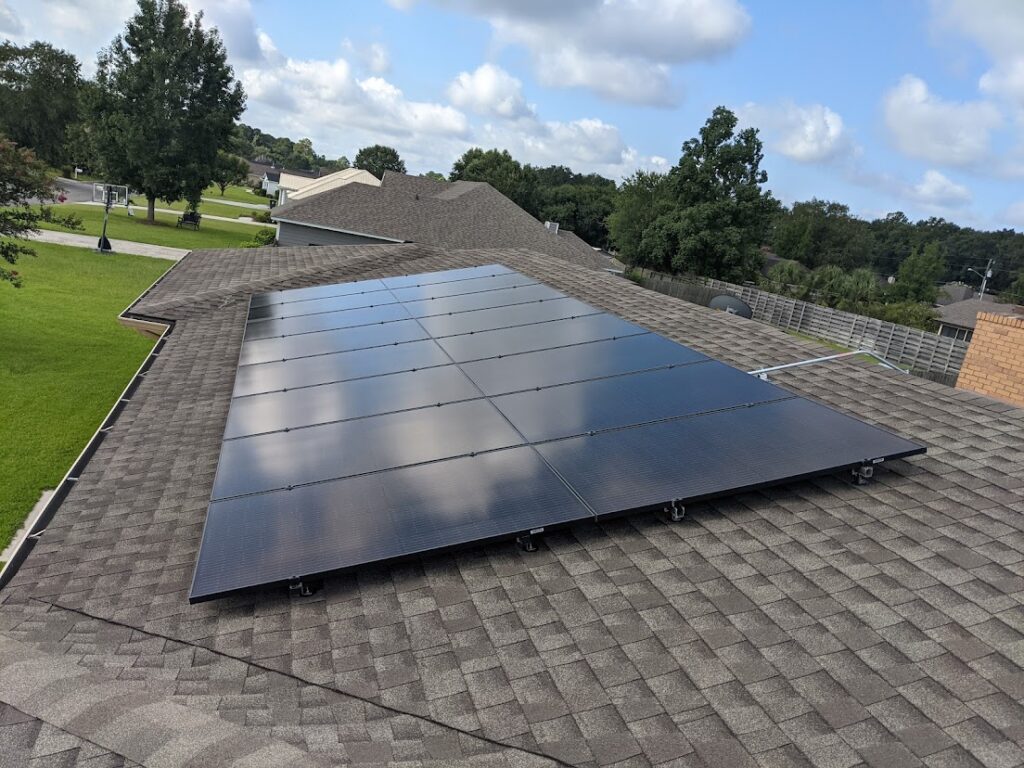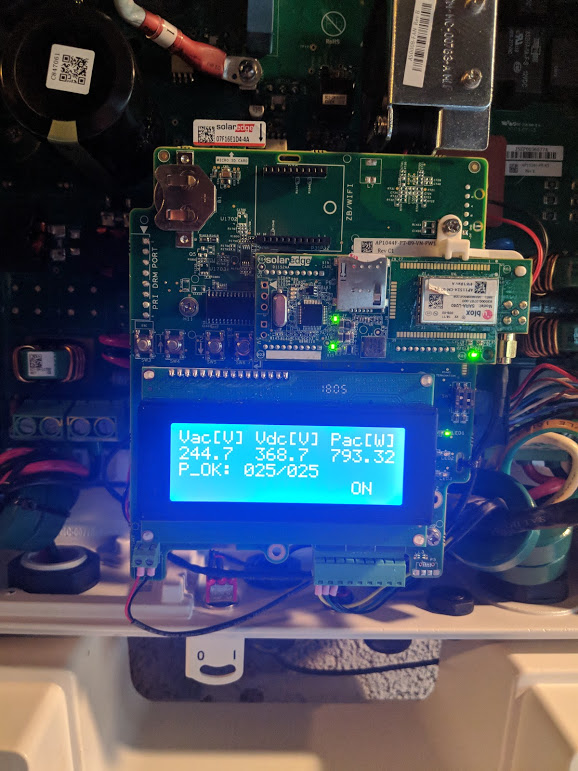The Importance of Monitoring Your Electricity Consumption (and Solar Energy Production)
Every month, millions of Americans begrudging pay their electricity bills without even giving it a second glance. Although electricity is a necessary expense, if it is left unmonitored, usage and utility bills can end up being much higher than expected. Having a full understanding of how your home’s electricity is used is the best way to lower your utility expenses.
Factors that Influence your Electricity Bill:
-
- Amount of Electricity Consumed (Number of People and Habits)
- Utility Electricity Price Per Watt
- Surge or Time of Use Billing (TOU) Rates in some areas
- Net Metering Availability (If you Have Solar Panels Installed)
- Weather and Seasonality (As it Relates to Usage)
- Your Home’s Energy Efficiency
Benefits of Consumption Monitoring:
-
- Insight into Home’s Electricity Usage
- Easy Identification of Heavy Appliance Usage
- Lots of Data to Identify Consumption Trends
- And Above All, Saving Money on Electricity Bills
How to Measure Your Electricity Consumption
When you were growing up, you were probably told a few times to “remember to turn the lights off.” Whereas this is the most simple and obvious way to limit unnecessary usage, your utility bill can be a bit more complicated. Thankfully today, there are many great technologies available to help you monitor and save on your electricity bill.
Analyzing Your Consumption With Your Electric Bill
The amount of electricity you use each month can be found on your electric bill. It is measured in kilowatt hours (which is equal to 1000 Wh).
The utility company bills your electricity consumption based on a standard cents/kWh rate. In 2020, homes in GA were billed at an average rate of $11.40 per killowatt. To find your billed rate, simply divide your billed amount by your kWH usage. With a smart meter, you can see how much energy each of your appliances are using, and therefore will be able to calculate the amount of money it costs to run the individual parts of your home.
Standalone Consumption Monitoring Systems
Even if you don’t have solar panels installed, we can provide you with a standalone home electricity consumption monitoring system. Our smart meters make it easy for you to see your daily, weekly and monthly electricity usage data and trends. In addition to breaking bad usage habits, learning about your electricity usage can then influence your decision to replace old appliances, increase your home’s energy efficiency, or install an array of solar panels.
Combination Solar Production and Electricity Monitoring Systems
Getting to know your consumption is a great way to begin to understand the benefits of a solar energy system. By monitoring your consumption directly against your production, you can quickly see the level of self sufficiency in your home’s electricity.
Furthermore, with a solar energy system and battery backup, your level of grid dependence will drop even further. Solar production, paired with consumption monitoring and smart load shifting is the ultimate way to save on electricity bills while lowering your dependence on grid supplied power. Read more about the benefits of battery backed solar power systems.
Although solar energy production monitoring has now become an industry standard, few installers also include consumption monitoring as well. Georgia Solar Pros mission is to help our neighbors understand and save money on their own electricity bills. Therefore, we include production and consumption monitoring at no additional cost on all of our solar panel installations.
Conclusion
In conclusion, there are many easy ways to become more educated about your own electricity consumption. Getting to know your electricity better is easy and can award you with immediate financial benefits. If you are interested in learning more about installing either solar panels or simply an electricity monitoring system on your home, feel free to contact us today.


